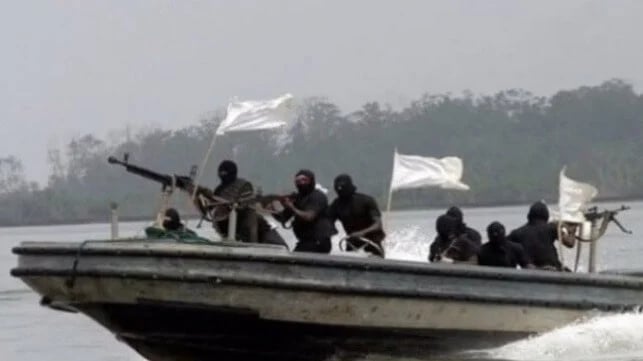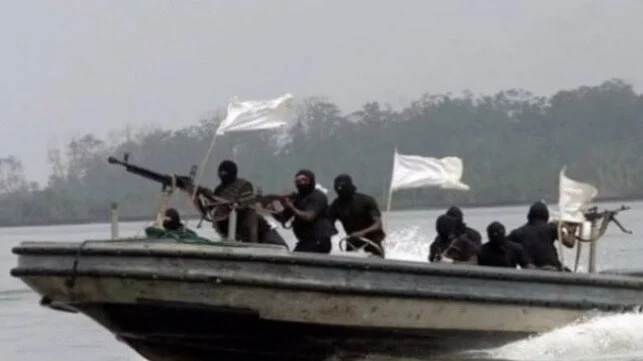The Gulf of Guinea is witnessing a shift in the dynamics of piracy, with criminal networks moving away from targeting commercial maritime and switching to oil bunkering, theft and illegal fishing, a development that indicates the global community must remain vigilant.

The UN Security Council (UNSC) has been informed that despite a significant drop in piracy incidents in the Gulf of Guinea in recent times, stronger action is still required to address the changing dynamics of piracy in the vast waters. Criminal groups have not gone away, but have transitioned to other activities.
Martha Pobee, an Assistant Secretary-General in the Department of Political and Peacebuilding Affairs in the UN who presented the Secretary-General’s latest report on piracy in the Gulf of Guinea, warned that the shifting dynamics will require greater response not only from countries in the region but also from international partners.

“Pirate groups are adapting to changing dynamics both at sea and in coastal areas. In this respect, the recent decrease in instances of piracy may in part be attributable to the shift by criminal networks to other forms of maritime and riverine crime, such as oil bunkering and theft, which they likely view as both less risky and more profitable,” she said.
Nigeria has witnessed an unprecedented surge in large scale cases of oil theft and pipeline vandalism, whose impacts have been crippling of the country’s oil industry, with production in the months of August and September plummeting below one million barrels per day (bpd), the lowest levels in decades. An investigation by the country's senate reckons the widespread cases of thefts have resulted in Nigeria losing more than $2 billion during the first eight months of this year.
Once a hotspot of maritime piracy, the Gulf of Guinea has recorded a drastic decline in incidents due to concerted efforts by national authorities supported by regional and international partners, both on land and at sea. Actions such as increased patrols, deployment of naval assets, enhanced coordination as well as convictions have served as deterrents to criminal networks.
In a quarterly report released last month, the International Maritime Bureau contends that although global piracy and armed robbery incidents have reached their lowest levels since 1992, the world cannot afford to be complacent, particularly in the Gulf of Guinea. Of the 90 incidents reported in the first nine months of 2022, 13 were in the Gulf of Guinea region compared to 27 over the same period of 2021.
In her report to the UNSC, Pobee reports that due to the changing dynamics of criminal activities in the Gulf of Guinea, it is imperative for states and their regional and international partners to accelerate efforts to establish security in the region as outlined in the Yaoundé Code of Conduct, signed in June 2013.
The code, which is approaching its 10th anniversary, promotes information sharing and reporting, interdicting suspicious vessels, ensuring apprehension and prosecution, harmonizing national legislation, guaranteeing resources to maritime security and safety, and outlining state responsibility to patrol anchorage areas.
Part of recent measures to wage a coordinated war against the piracy networks include the signing of an agreement to establish a Multinational Maritime Coordination Centre for a zone covering Cabo Verde, Gambia, Guinea-Bissau, Mali and Senegal and conducting a maritime exercise involving 17 of the 19 countries bordering the Gulf of Guinea.
Source: Maritime Executive






